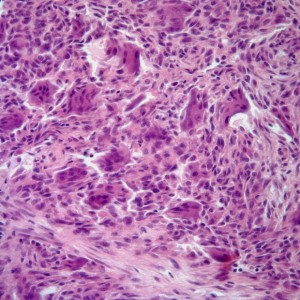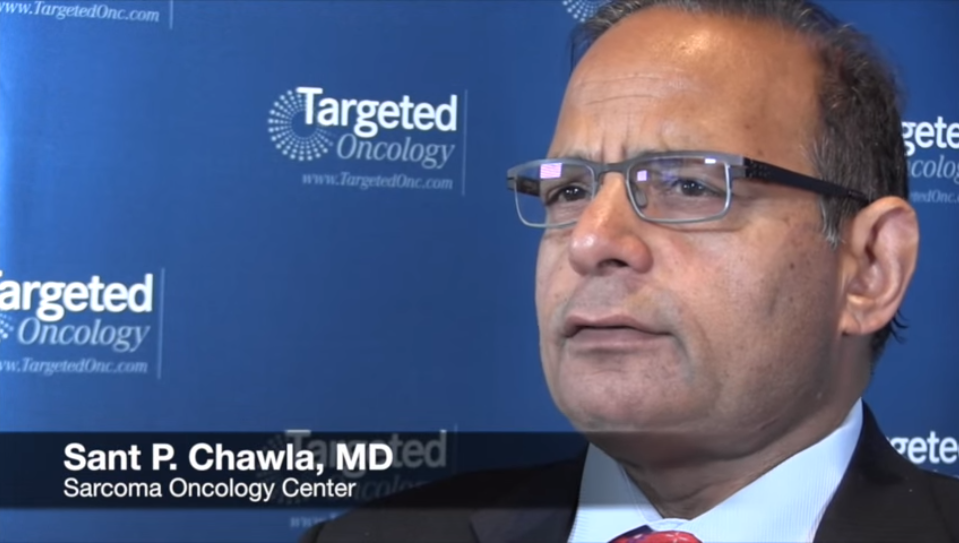 Cancer is a rare disease and having bone cancer is the rarest of the rare types of cancer. So, how does this obscure disease develop in the first place? Well, bone cancer, as the name suggests, starts when a tumor develops in the bone marrow or the tissues of the bone cells. It tends to destroy the bone completely and lead to death if not addressed by a cancer specialist. Fortunately, bone cancers are either benign or malignant, which means it does not automatically mean that the disease is deadly.
Cancer is a rare disease and having bone cancer is the rarest of the rare types of cancer. So, how does this obscure disease develop in the first place? Well, bone cancer, as the name suggests, starts when a tumor develops in the bone marrow or the tissues of the bone cells. It tends to destroy the bone completely and lead to death if not addressed by a cancer specialist. Fortunately, bone cancers are either benign or malignant, which means it does not automatically mean that the disease is deadly.
- Benign – The cancer harms the healthy bone tissue but does not spread to the other tissues
- Malignant – The cancer harms the healthy bone tissue and spreads to other tissues as well
Symptoms Of Bone Cancer
Bone cancer symptoms typically develop slowly and are not noticeable until it reaches an advanced stage depending on the type, location, and size of the tumor. The signs and symptoms of bone cancer include:
- Painful bones
- Painful joints
- Swelling of bones and joints
- Problems with movement
- Susceptibility to fractures
- Unexplained weight loss
- Fatigue
- Fever and
- Excessive sweating
What Causes Bone Cancer?
Like other sarcomas, the specific causes of bone sarcoma are not yet known, but there are several risk factors that have been identified. For example, some degree of risk comes from a family history of the disease and genetic abnormalities. It is also suspected that previous radiation treatments or undergoing a bone marrow transplant can increase the risk of developing bone cancer, as well Bone cancer can develop in any of the bones in the body but mostly occurs in the long bones of the arms and the legs.
How is Bone Cancer Diagnosed?
In order to diagnose bone cancer, patients typically undergo a series of tests including X-rays, MRIs, bone scans, and finally bone biopsies. A bone biopsy involves surgically removing a small sample of the bone tissue to test for the presence of benign or malignant cancer cells. It is crucial to consult with experienced oncologists, such as Dr. Chawla, Dr. Sankhala, and the team at the Sarcoma Oncology Center to achieve an accurate diagnosis as well as the best treatment possible.
Bone Cancer Treatment
The treatments for bone cancer depend on a couple of factors, such as:
- Size of the tumor
- Extent to which the tumor has grown
- The patient’s age and overall health status
Bone tumors may be treated with surgery, chemotherapy, radiation, targeted therapy or a combination of these.
Surgery – In this type of bone cancer treatment, the tumor is surgically removed. In very rare cases, the limb may need to be amputated. The treatment also includes radiation and chemotherapy before the surgery to shrink the cancerous tumor and post surgery to kill the remaining cancer cells, if any.
Radiation Therapy– Radiation is highly effective at shrinking tumors and killing cancer cells. Radiation therapy is strong like X-rays and is typically provided before and after surgical procedures.
Chemotherapy – The drugs are passed into the blood stream to stop the growth of cancer cells. These are really strong doses of medicine, which have advanced greatly through research over the years.
Targeted Therapy – This is a very new bone cancer treatment option. The cancer cells in this therapy are targeted individually and destroyed through a combination of drugs as well as radiation, which affect the cancer cell molecules and stop the process of uncontrollable multiplication.
Overcoming a Bone Cancer Diagnosis
Overall, the chances of surviving bone cancer have increased significantly with the help of modern day bone cancer treatments. However, the rate of survival also depends on when the person visits cancer specialists and to what extent and stage the disease has spread.
If the cancer tumor is small and localized, the survival rate is close to 90%. If the cancer has just begun spreading the chance of survival is difficult but not impossible; it is somewhere close to 60%.
The important thing to know about bone cancers is that chemotherapy, radiation, drugs and surgery are the only modes of treatment available today. It is important to get rid of your fears and visit a doctor on the first sight of a symptom.
Contact the Sarcoma Experts for More Information
The skilled and compassionate oncologists at Sarcoma Oncology Center are deeply committed to the emotional and physical wellbeing of our patients and offer expert care and treatment for each patient. Unlike other medical centers, we strive to ensure that our patients can not only overcome cancer, but can also return to their everyday lives with as much normalcy as possible, which means we strive to ensure as much limb preservation as possible in every single case. Please call us at (310) 879-1106 to schedule a consultation today.
Next, read The Benefits of Cucumber Water





